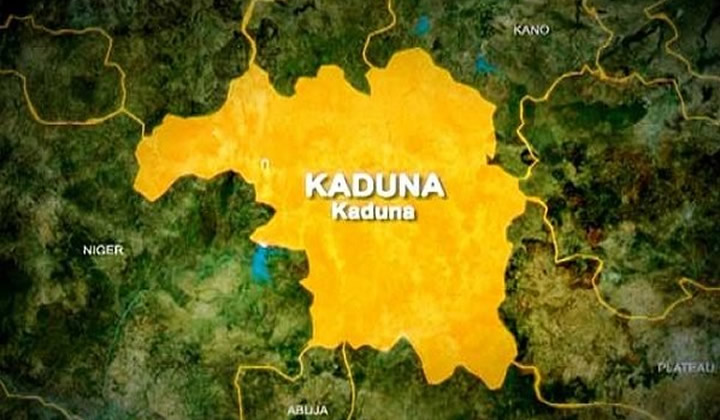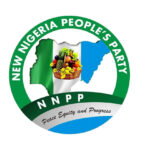
The Kaduna State Commissioner for Agriculture, Malam Ibrahim Hassaini, has said that the administration of Malam Nasir El-Rufai had over the years attracted investors into the state through the agricultural sub-sector of the economy.
According to the Commissioner, the agricultural sector has contributed 38 per cent of the Gross Domestic product in the state.
The Commissioner who spoke at the 7th edition of the ongoing Kaduna Investment summit in Kaduna, on Thursday, also said that the state had keyed into the Federal Government policy of diversification of the economy from the mono-economy to agric-based economy.
This was just as he added that the state has comparative advantage of maize production in the Nigeria, saying that the state produce about 10 million tonnes of maize and second in the production of tomatoes in the country.
The Commissioner said: “The mission of the ministry of Agriculture is to provide enabling environment for agric business development through efficient management of abundant human and natural resources.
“Kaduna State is an agrarian state. We have more than 42% household in the state that are involved in one way or the other in agriculture.
“In 2019, the agric sector contributed 38% of the GDP in the state and the state has keyed into the national policy of diversification from mono-economy to agric-based economy which is more sustainable.
“We have comparative advantage in the production of a number of crops in the state. We have the advantages of producing maize in Nigeria. We produce about 10 million tonnes.
“We are first to produce ginger which is over a million tonnes in 2021 and we second producer of soya beans.”
While wooing agrobiz investors into the state, the Commissioner noted that the state remained a gateway to the Northern and Southern parts of Nigeria which “serve a strategic route for agricultural and livestock commodities.”
“The World Bank assessment of ease of doing business rated Kaduna State as one of the best states of doing business.
“We also have the presence of Inland Dry Port for export and import as well as constant contact with financial institutions,” he added.




